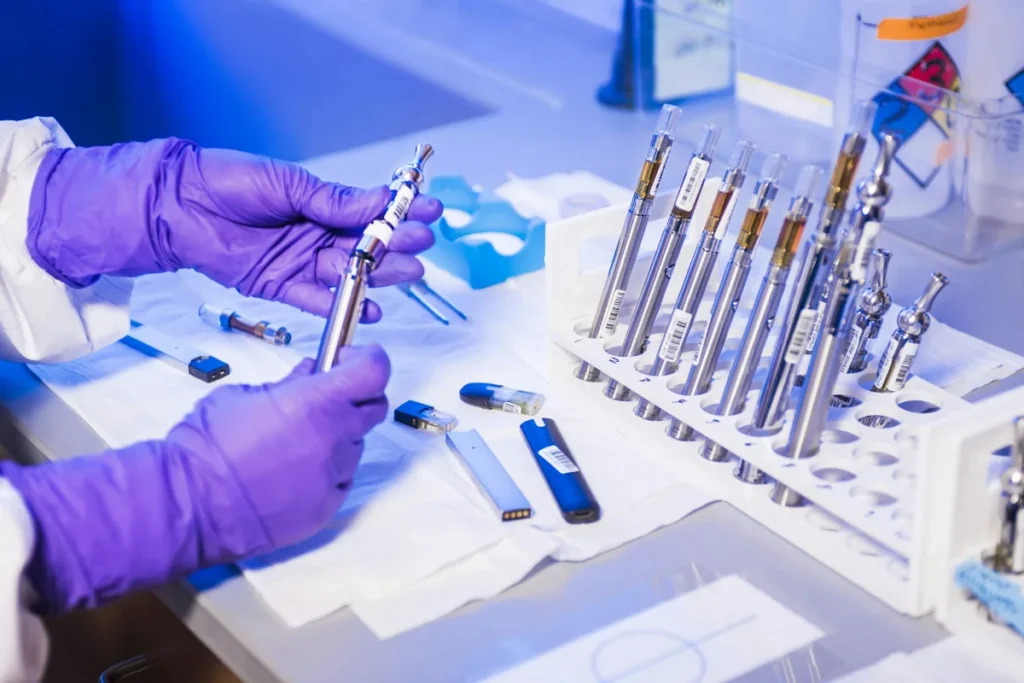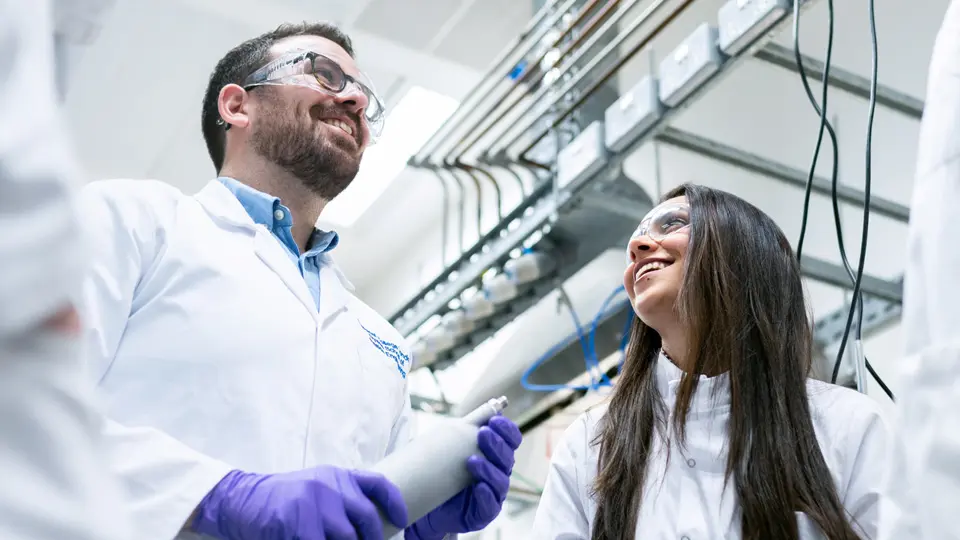
Launching a scientific startup requires a wide range of technical, operational, and financial decisions. Among these, equipment procurement is one of the most significant (and expensive). Whether your startup is focused on diagnostics, biotech, materials science, or environmental testing, setting up a functional lab can quickly eat into your early funding.
However, many first-time founders make procurement decisions that reduce flexibility, increase burn, and create bottlenecks before the lab even opens its doors.
In this article, we break down four common equipment procurement mistakes scientific startups make and offer strategies to avoid them. Moreover, if you’re building your first lab, these lessons can help you deploy capital more wisely, reduce downtime, and scale with confidence.
For many startup founders, there’s a natural instinct to pursue brand-new equipment. New instruments seem to offer the most reliability, the best warranty coverage, and peace of mind that everything will “just work.”
Yet, here’s the reality: new doesn’t always mean better – especially when it comes to early-stage labs with evolving needs.
Refurbished systems, when sourced from a reputable provider, are fully restored, tested, and validated to original manufacturer specifications. As a result, they offer the same analytical performance at a fraction of the cost, with far shorter lead times and the same ability to support compliance, R&D, or pilot programs.
For example:
A new LC/MS/MS system can easily exceed $300,000 and require a 3 to 6 month lead time.
A refurbished, validated LC-MS/MS of the same model may be available for 40 to 60% less and ship within weeks.
By starting with fit-for-purpose refurbished equipment, founders preserve capital for talent, IP development, or customer acquisition – without compromising lab function or compliance.
Tip: Ask vendors about their refurbishment process, testing protocols, and available warranty options. A high-quality refurbished system should come with documentation, support, and performance validation.

It’s easy to get focused on the equipment itself—comparing quotes, reviewing configurations, and choosing accessories. However, ignoring the service side of the equation can cost time and money down the road.
Every lab instrument requires maintenance, calibration, and support. If this aspect is overlooked, issues like these can surface:
For startups, working under tight timelines or compliance milestones, these problems can derail progress.
When procuring refurbished equipment, make sure to:
Tip: Consider bundling equipment with a basic service agreement for the first 6–12 months. This way, you get predictable support during your most critical operational ramp-up phase.
Startups are often caught between two suboptimal options: use equity capital to purchase equipment outright, or delay procurement until a future funding round.
Fortunately, there’s a better path.
Financing refurbished lab equipment allows scientific startups to:
For instance, rather than spending $150,000 on equipment at once, a lab could finance the systems for $4,000–6,000 per month and retain working capital for strategic growth.
Some providers, like Quantum Analytics, offer direct financing with flexible structures – no banks or brokers required. As a result, approvals are faster, terms are customizable, and startup-stage labs can get the support they need.
Tip: Ask for a financing term sheet early in your procurement process. This helps clarify total cost of ownership, payment schedules, and potential buyout options.

Instruments like GC/MS, LC/MS, and ICP-MS systems often require specialized configuration and calibration. When ordering new from OEMs, lead times can range from several weeks to several months – especially when global supply chains are strained.
Consequently, startups with firm project timelines or grant milestones may find themselves waiting on critical equipment when they should be generating data or onboarding clients.
By contrast, refurbished inventory is often in stock and ready to ship. Labs can move from quote to installation in a matter of weeks, not quarters.
This faster deployment timeline can make a significant difference, particularly if:
Tip: Always ask vendors for expected ship dates and installation timelines – especially for complex systems. A system that costs slightly more but ships now may deliver greater ROI than one that’s cheaper but unavailable for months.
First-time founders often anchor their equipment decisions around quote totals. But the true value of a procurement partner goes beyond price. Key considerations include:
Remember, in a startup environment, speed and reliability matter as much as savings. Ultimately, the right procurement partner becomes an extension of your operations team – not just a vendor.
Setting up a lab isn’t just about checking boxes on a BOM. Instead, it’s about making smart, strategic decisions that align with your team’s goals, your investors’ expectations, and your operational timelines.
Refurbished equipment can provide the same analytical capabilities as new systems, at a fraction of the cost. When paired with financing, service planning, and timeline-aware procurement, it becomes a powerful enabler of growth.
Startups that approach equipment procurement with flexibility and foresight aren’t cutting corners – rather, they’re building smarter.
Q: Should biotech startups buy new or refurbished lab equipment?
A: Refurbished lab equipment is often a better fit for startups. It offers validated performance, shorter lead times, and significant cost savings.
Q: Can early-stage startups finance lab equipment purchases?
A: Yes. Financing refurbished equipment allows startups to spread payments over time while preserving cash for hiring or R&D.
Q: Why is equipment service planning important for new labs?
A: Without a service plan, labs risk downtime, unplanned expenses, and delays in getting systems operational.
Q: How can lead times affect lab buildout timelines?
A: Long OEM lead times can delay lab operations. Refurbished systems are often in stock and ready to ship, accelerating deployment.
Quantum Analytics offers validated refurbished systems, flexible financing, and responsive support, so you can build your lab without draining your budget.
Let us know your goals, and we’ll help map out a path that works for your science and your funding.
Complete this form below to sign up and we will reach out to you with instructions
